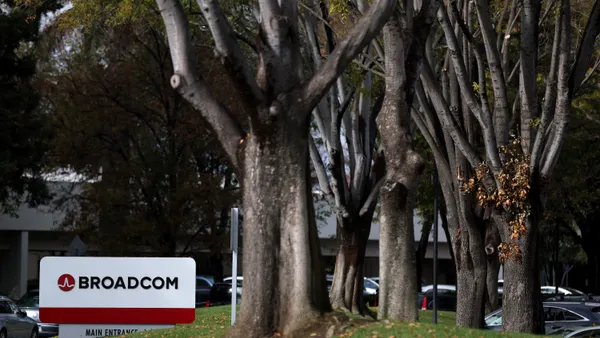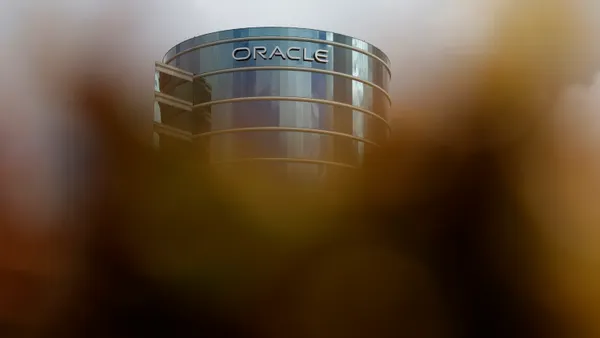Dive Brief:
- Chief AI officers became a more common C-suite addition this year, according to a report Altrata published Thursday.
- While still not the norm, the number of AI chiefs increased by 70% year over year across organizations, from 30 in 2023 to 51 this year, the analysis of 35,000 public and private companies in the U.S. found.
- Most companies leaned on internal hires to fill the role. Others tapped tech sector executives from Google, IBM, Oracle and Accenture to bring AI leadership into the C-suite, Altrata said.
Dive Insight:
As enterprises embark on widescale AI initiatives, some are considering a new role to guide strategy, adoption and implementation plans.
The past year was peppered with appointments that spanned industries. Biopharma giants Eli Lilly and Pfizer added AI executives in October and August, respectively. Professional services firm PwC US elevated cloud executive Dan Priest to the role in July as part of a broader AI push, and the aerospace sector saw Boeing appoint an AI chief in March.
While novel and not always necessary, the role is expected to grow in importance as companies align C-suite tech roles with business strategy. Chief AI officers signal to markets and internal employees that the technology will remain a sustained focus rather than a fad.
AI chiefs can also take point in guiding investments in the technology and widening the scope of initiatives.
“We’re still plucking low-hanging fruit on a lot of AI initiatives,” PwC US Chief AI Officer Dan Priest said during a CIO Dive live event in August. “The costs are not insignificant, but the payback and the pace of returns has been pretty good so far.”
Since Priest’s appointment, the professional services firm has rolled out several AI tools and projects. Earlier this month, the company said it is expanding its partnership with AWS to accelerate the development of industry-tailored AI tools.
AI leadership can come in other forms. In addition to adding a chief AI officer, S&P Global created a council of business and technology representatives to explore responsible practice and use cases. Many other organizations place AI governance in the hands of CIOs and CTOs, according to Gartner research.
One-third of AI chiefs are employed by publicly traded companies and nearly two-thirds by private enterprises, Altrata’s research found. Only 3% worked in the public sector.















